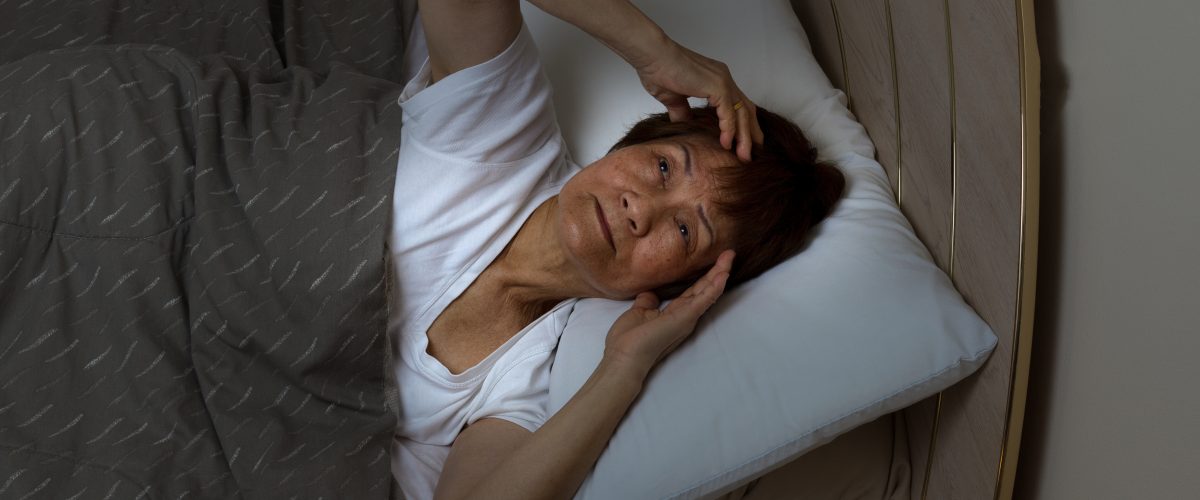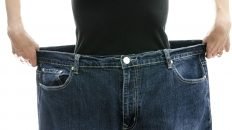By Virginia Gurley, MD, MPH
MB (Marc Braman, MD, MPH):
Our topic this session is “Lifestyle Solutions for Night Time Awakening or Sleeplessness.” So, in our last session we talked about lifestyle prescriptions for getting to sleep. This session is about what happens when you wake up during the night and you just can’t get back to sleep. So, we’re pleased to have Dr. Gurley with us, welcome Dr. Gurley.
VG (Virginia Gurley, MD, MPH):
Thank you, Dr. Braman.
MB:
So, what is different about a lifestyle prescription for staying asleep or getting back to sleep when you wake up in the middle of the night?
VG:
Well, actually, it’s normal to have very short awakenings during the night, so the problem isn’t so much that you wake up, but rather that you have difficulty getting back to sleep. And so trouble falling asleep and trouble getting back to sleep are similar in the sense that you can’t sleep when you want to, but how you use light, diet, exercise and coping to help you get back to sleep is different.
MB:
Ok. So, what is the biggest difference in how you use lifestyle for wakefulness during the night versus getting to sleep?
VG:
Physical activity and exercise seem to be more important for maintaining sleep in the middle of the night than for getting to sleep at bedtime. In other sessions, we’ve talked about the importance of skin temperature warming and center of the body, or core body, temperature cooling for quality sleep. Because most forms of exercise increase the core body temperature, an exercise-based peak in body temperature during the day seems to really help the body core get cooler during the middle of the night and it’s this deep cooling of the body core that’s key to sleeping well through the night.
MB:
So perhaps, if we’re laying awake at night, not able to sleep, we should be thinking about how we’re going to plan our exercise for the next day. So, what other differences are there?
VG
So, how much and when you drink fluids, especially water, seems to have a bigger effect on staying asleep than on getting to sleep. To get deep enough core body cooling there must be a big increase in blood flow to the skin, and when you haven’t had enough water during the day, the blood vessels in the skin can’t relax, and there isn’t enough blood flow in the skin to get the deepest cooling of the core body temperature.
MB:
So, when is the best time to drink our water?
VG:
Good question. Between midday and early evening is the best time to get most of your daily water. If you wake up during the night because you need to use the bathroom, try shifting more of your fluids to earlier in the afternoon. Also, if you wake up in the night and feel thirsty, that’s a sign that you really need to increase how much water you’re drinking throughout the day and early evening.
MB:
So, basically we want to tank up during the day but not right before bed. Since helping the body core cool off is so important, does that mean that room temperature where you’re sleeping also has an effect on sleeping through the night?
VG:
Absolutely. One study has shown that when the air temperature cools gradually through the night, the body core cooling is deeper and more effective, and another study has shown that the amount of both Rapid Eye Movement sleep, REM sleep (this is your dream time) and restorative sleep are both improved when skin warming and core cooling are improved.
MB:
And, are there any lifestyle factors that are equally important for both falling asleep and staying asleep through the night?
VG:
Yes, the importance of calming the mind and leaving aside worries and plans, seems to be equally important for getting to sleep at bedtime and for getting back to sleep if you’re wakeful during the night. And not having a habit or routine for calming the mind is a very, very common cause of poor sleep whether it’s difficulty getting to sleep, difficulty getting back to sleep, or even difficulty waking up too early.
MB:
I know that’s true for me. If I go to bed with my mind going and then wake up in the night, my mind seems to kind of pick up right where it left off, so definitely recognize the truth in that one.
If you want more information on calming the mind, look at our last session and Dr. Gurley, thank you so much.
VG:
Thank you, Dr. Braman.
Physiological significance of cyclic changes in room temperature around dusk and dawn for circadian rhythms of core and skin temperature, urinary 6-hydroxymelatonin sulfate, and waking sensation just after rising. Kondo M, Tokura H, Wakamura T, Hyun KJ, Tamotsu S, Morita T, Oishi T. J Physiol Anthropol. 2007 Jun;26(4):429-36.
Skin deep: enhanced sleep depth by cutaneous temperature manipulation. Raymann RJ, Swaab DF, Van Someren EJ. Brain. 2008 Feb;131(Pt 2):500-13. doi 10.1093/brain/awm315. Epub 2008 Jan 11.
The relationship between insomnia and body temperatures. Lack LC, Gradisar M, Van Someren EJ, Wright HR, Lushington K. Sleep Med Rev. 2008 Aug;12(4):307-17. doi: 10.1016/j.smrv.2008.02.003. Review.





